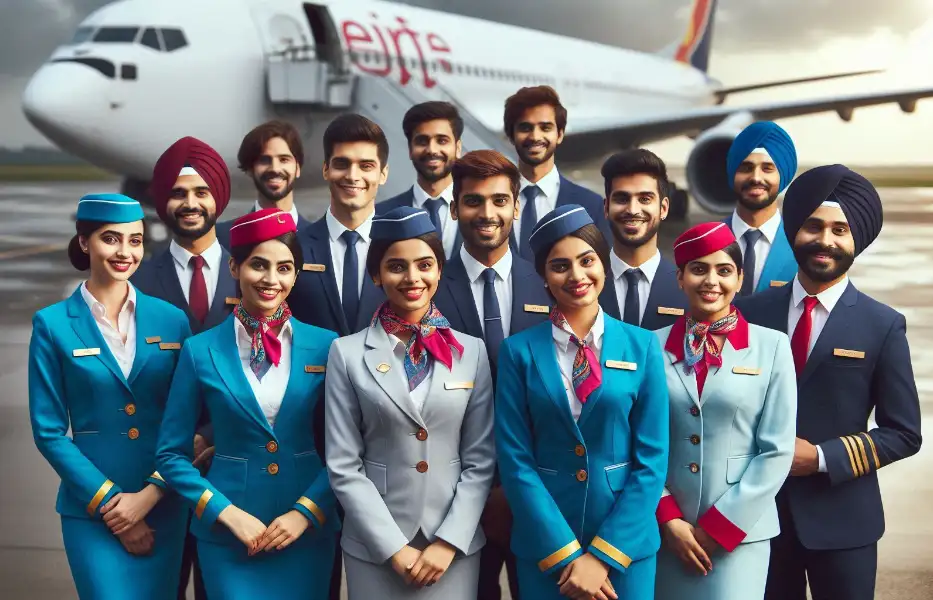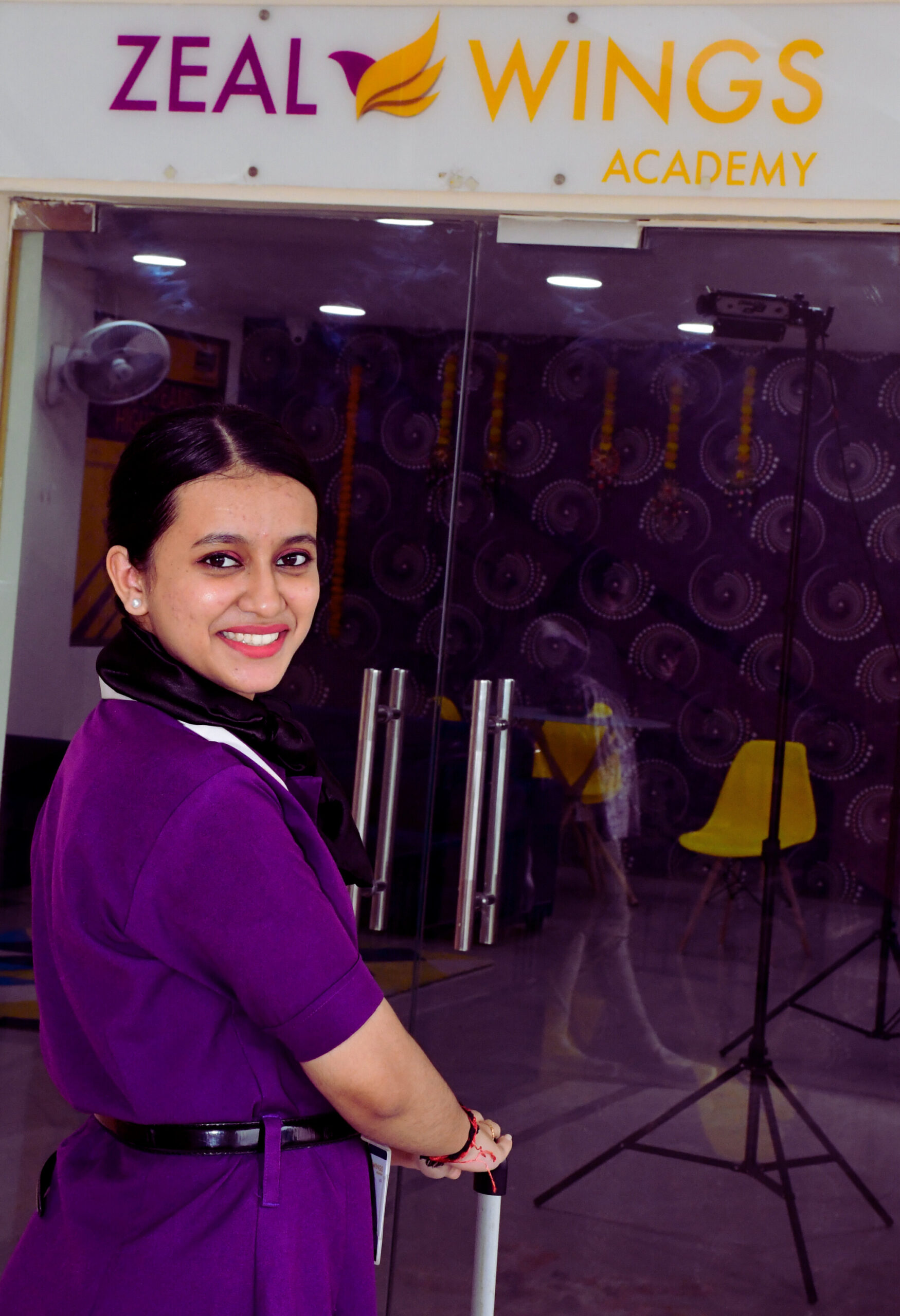table of contents
Dreaming of a career above the clouds? You’re not alone. Thousands of young Indians are eyeing cabin crew positions every year, but most don’t know where to start or what airlines actually look for.
Here’s the thing: understanding eligibility for cabin crew in India isn’t just about ticking boxes. It’s about positioning yourself as the candidate airlines can’t ignore.
But why does this matter so much?
Because airlines receive hundreds of applications for every single position. They’re not just looking for people who meet basic requirements – they want candidates who exceed expectations and can handle the unique challenges of aviation.
If you want to transform your aviation dreams into reality (without wasting time on wrong information or inadequate preparation), mastering cabin crew eligibility requirements is your first step.
What Does Cabin Crew Eligibility Actually Mean?
Eligibility for cabin crew in India goes way beyond the basic qualifications you’ll find on airline websites. It’s a comprehensive assessment of whether you can handle the physical, mental, and emotional demands of working at 35,000 feet.
Think about it: you’re responsible for passenger safety during emergencies, providing service with a smile during 12-hour shifts, and maintaining composure when dealing with difficult situations. Airlines need to know you can deliver.
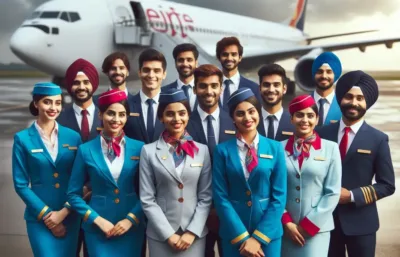 The eligibility criteria act as filters. Each requirement eliminates candidates who might struggle with specific aspects of the job. Height requirements? That’s about reaching safety equipment. Age limits? They’re about adaptability and career longevity.
The eligibility criteria act as filters. Each requirement eliminates candidates who might struggle with specific aspects of the job. Height requirements? That’s about reaching safety equipment. Age limits? They’re about adaptability and career longevity.
Here’s what most people miss: meeting eligibility requirements gets you to the starting line. Excelling beyond them gets you hired.
Educational Requirements: Building Your Foundation
The minimum qualification for cabin crew varies between airlines, but here’s what you need to know:
Basic Requirements:
- 10+2 (Higher Secondary) from a recognized board
- English proficiency (spoken and written)
- Basic computer literacy
What Airlines Really Want:
- Strong communication skills
- Cultural awareness
- Customer service mindset
- Problem-solving abilities
Here’s the good news for students: air hostess eligibility after 12th means you can start your aviation journey immediately after completing higher secondary education. You don’t need to wait for a college degree.
But here’s what successful candidates do differently: they use the time between 12th and application to build relevant skills. They learn additional languages, gain customer service experience, or complete specialized aviation courses.
Example: Priya from Mumbai completed her 12th standard in commerce. Instead of immediately applying to airlines, she spent six months at Zeal Wings Academy, learning aviation protocols, improving her English, and developing confidence. When she finally applied to IndiGo, she stood out among thousands of candidates.
Age Requirements: Timing Your Aviation Entry
Most Indian airlines set the age range between 18-27 years for cabin crew positions. This isn’t arbitrary – there are solid reasons behind these limits.
Why 18 is the minimum:
- Legal responsibility for passenger safety
- Maturity to handle emergencies
- Professional decision-making capability
Why 27 is typically the maximum:
- Career longevity expectations
- Adaptability to irregular schedules
- Physical demands of the job
Pro Strategy: Don’t wait until you’re 26 to apply. Starting your cabin crew journey at 20-22 gives you multiple opportunities with different airlines and time to gain experience.
Airlines like fresh enthusiasm combined with basic maturity. If you’re 23 with proper training and good communication skills, you’re in the sweet spot.
Physical Requirements: Meeting Aviation Standards
Let’s be honest – physical requirements cause the most anxiety among aspiring cabin crew members. But understanding the “why” behind these standards makes them less intimidating.
Height Requirements (Typically 155-185 cm):
- Reaching overhead bins safely
- Accessing emergency equipment
- Moving comfortably through aircraft
Weight and BMI Standards:
- Proportionate to height
- Based on health, not appearance
- Ensures agility during emergencies
Vision Requirements:
- 20/20 vision (correctable with lenses)
- Normal color perception
- Depth perception for safety tasks
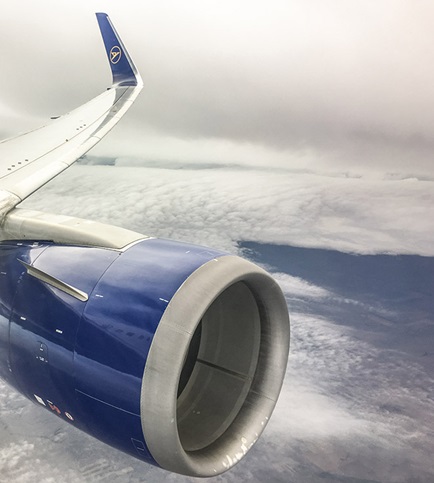 Here’s what airlines don’t tell you: they’re more flexible on physical requirements if you excel in other areas. Outstanding communication skills and genuine service passion can sometimes offset minor physical concerns.
Here’s what airlines don’t tell you: they’re more flexible on physical requirements if you excel in other areas. Outstanding communication skills and genuine service passion can sometimes offset minor physical concerns.
Medical Requirements for Cabin Crew: The Complete Health Picture
The medical requirements for cabin crew are extensive because you’re working in a unique environment. High altitude, pressurized cabins, and irregular schedules affect your body differently than ground-based jobs.
Cardiovascular Health: Airlines check for heart conditions because altitude and pressure changes stress your cardiovascular system. Irregular schedules and jet lag add extra strain.
Respiratory Function: Your lungs need to function perfectly in pressurized environments. Conditions like asthma or chronic bronchitis can be disqualifying.
Mental Health Assessment: This is increasingly important. Airlines want to ensure you can:
- Handle stress without breaking down
- Make clear decisions during emergencies
- Maintain positive interactions with passengers
- Cope with irregular sleep patterns
Blood Work and General Health: Standard tests check for:
- Diabetes and blood sugar issues
- Hepatitis and other infections
- HIV status (not automatically disqualifying but needs management)
- Drug and alcohol screening
Hearing and Vision Tests: More detailed than basic requirements:
- Audiometry for hearing range
- Color blindness tests
- Night vision assessment
- Depth perception evaluation
Real Example: Rajesh from Delhi was initially rejected due to slightly high blood pressure. Instead of giving up, he worked with a doctor to manage his condition naturally, reapplied six months later, and was accepted by SpiceJet.
Language Skills: Your Communication Toolkit
English fluency isn’t negotiable in Indian aviation. But here’s what separates good candidates from great ones:
Basic Requirement:
- Speak, read, and write English clearly
- Understand aviation terminology
- Handle emergency announcements
Competitive Advantage:
- Hindi proficiency for domestic routes
- Regional languages (especially for specific routes)
- International languages (Arabic, Mandarin, etc.)
Communication Skills Airlines Value:
- Active listening abilities
- Conflict resolution techniques
- Cross-cultural sensitivity
- Professional phone etiquette
Additional Skills That Make You Stand Out
While not always mandatory, these skills significantly improve your selection chances:
Customer Service Experience:
- Hotel or restaurant work
- Retail customer interaction
- Event management
- Call center experience
Swimming Ability: Most airlines require 50-meter swimming capability. This isn’t about daily job requirements – it’s emergency preparedness for water landings.
Computer Literacy: Modern aircraft use digital systems for:
- Passenger management
- Inventory control
- Safety protocols
- Communication with ground staff
First Aid Knowledge: While airlines provide training, having basic first aid skills shows initiative and preparedness.
How Zeal Wings Academy Transforms Dreams into Careers
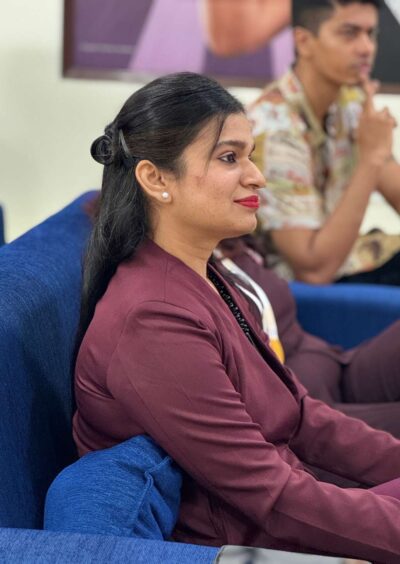 At Zeal Wings Academy, we don’t just prepare students to meet eligibility requirements – we help them exceed them. Here’s how our approach makes the difference:
At Zeal Wings Academy, we don’t just prepare students to meet eligibility requirements – we help them exceed them. Here’s how our approach makes the difference:
Comprehensive Eligibility Assessment: Before starting training, we evaluate each student’s current status against airline requirements. We identify gaps and create personalized development plans.
Medical Preparation Program: We guide students through medical requirements, helping them understand what airlines look for and how to prepare. Our partnerships with aviation medical examiners ensure students know what to expect.
Physical Fitness Training: Our program includes fitness routines designed for cabin crew requirements. Students learn proper posture, develop stamina, and practice emergency procedures.
Language Development: We offer intensive English improvement programs and basic Hindi for non-native speakers. Our aviation English module covers industry-specific terminology and communication protocols.
Real-World Experience: Our mock selection processes simulate actual airline interviews. Students practice group discussions, personal interviews, and practical scenarios they’ll face during airline selections.
Ongoing Industry Updates: Airlines change requirements regularly. We maintain close relationships with recruiters and update our programs accordingly. Students receive the most current information available.
Common Eligibility Mistakes That Cost Opportunities
After years of training cabin crew candidates, we’ve seen these mistakes repeatedly:
Mistake #1: Assuming Basic Requirements Are Enough Meeting minimum qualifications doesn’t guarantee selection. Airlines want candidates who exceed expectations.
Solution: Develop additional skills, gain relevant experience, and present yourself as the complete package.
Mistake #2: Ignoring Medical Preparation Many candidates fail medical tests due to preventable issues like poor fitness, uncontrolled blood pressure, or dental problems.
Solution: Start health preparation months before applying. Address any medical concerns early.
Mistake #3: Weak Communication Skills Strong English on paper doesn’t equal effective communication during interviews or on flights.
Solution: Practice speaking English in professional contexts. Join groups, take classes, or work in customer-facing roles.
Mistake #4: Limited Airline Research Applying to airlines without understanding their specific culture, routes, or requirements reduces your chances.
Solution: Research each airline thoroughly. Understand their passenger demographics, service standards, and company values.
Mistake #5: Poor Interview Preparation Meeting eligibility requirements gets you to the interview. Poor interview performance wastes that opportunity.
Solution: Practice common interview questions, develop examples of customer service situations, and prepare questions about the airline.
Industry Trends Affecting Cabin Crew Eligibility
The aviation industry evolves constantly, and eligibility requirements change accordingly:
Technology Integration: Future cabin crew need better digital skills. Understanding passenger management systems, safety apps, and communication tools becomes more important.
Diversity and Inclusion: Airlines increasingly value cultural diversity and language skills as India connects with more international destinations.
Mental Health Awareness: Post-pandemic, airlines pay more attention to psychological resilience and stress management capabilities.
Service Excellence Standards: Competition drives higher service expectations. Airlines want cabin crew who can create memorable passenger experiences.
Environmental Consciousness: Some airlines prefer candidates who understand and support sustainability initiatives.
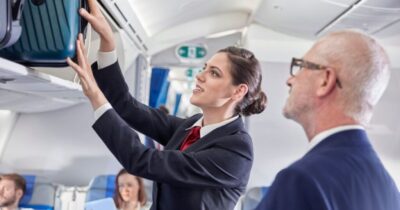 Your Action Plan for Cabin Crew Success
Your Action Plan for Cabin Crew Success
Ready to start your cabin crew journey? Here’s your step-by-step roadmap:
Step 1: Self-Assessment (Week 1-2)
- Evaluate your current status against eligibility requirements
- Identify gaps in qualifications or skills
- Set realistic timelines for improvement
Step 2: Skill Development (Months 1-6)
- Improve English communication if needed
- Gain customer service experience
- Work on physical fitness
- Address any medical concerns
Step 3: Professional Training (Months 3-6)
- Enroll in a reputable cabin crew training program
- Practice interview skills
- Learn aviation protocols and safety procedures
Step 4: Application Strategy (Month 6+)
- Research target airlines thoroughly
- Prepare customized applications
- Network with industry professionals
- Apply strategically, not randomly
Step 5: Interview Preparation (Ongoing)
- Practice group discussions
- Prepare situational examples
- Work on confidence and presentation
- Stay updated on aviation industry trends
Why Professional Training Makes the Difference
You might wonder: “Can’t I just apply directly to airlines?” Technically, yes. But here’s what professional training provides:
Industry Insights: Training institutes maintain relationships with airlines and understand what recruiters actually look for.
Practical Experience: You’ll practice emergency procedures, customer service scenarios, and interview situations in controlled environments.
Confidence Building: Professional training develops the confidence and presence airlines notice during selections.
Network Access: Good training programs connect you with industry professionals, alumni working in airlines, and potential mentors.
Updated Knowledge: Aviation regulations, safety procedures, and service standards change regularly. Training programs stay current with these changes.
The Reality Check: What Airlines Won’t Tell You
Here are some insider insights about cabin crew eligibility that airlines don’t advertise:
Flexibility Exists: While airlines publish strict requirements, exceptional candidates sometimes get consideration even if they don’t meet every criterion perfectly.
Personality Matters More Than Perfection: Airlines prefer candidates with genuine warmth and problem-solving abilities over those who just meet technical requirements.
Experience Counts: Previous customer service experience, even unrelated to aviation, significantly improves your chances.
Presentation Is Everything: How you carry yourself during the application process indicates how you’ll represent the airline.
Continuous Learning: Airlines prefer candidates who show eagerness to learn and adapt rather than those who think they know everything.

